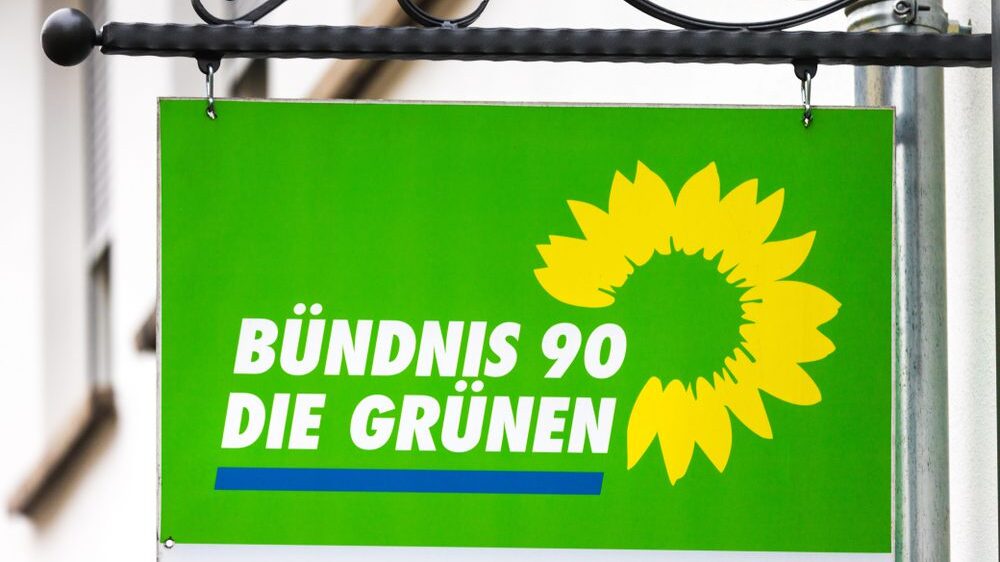
EU plans to reform asylum policy have spurred a grassroots revolt among the German Green Party: Splitting from the asylum-friendly party line, some members, including senior officials, signed an open letter denouncing moves to tighten border security. Internal critics have accused party top brass of selling out their principles for their role in a coalition led by the social democrats.
A total of 730 members lent their voices to an open letter objecting to the party implementing a new EU migration pact which ostensibly promises to clamp down on illegal migration. The letter was signed by figures such as Hamburg’s Justice Senator Anna Gallina and former ambassador to Pakistan Martin Kobler, as well as the leader of the party’s youth wing.
The discontent is particularly acute among younger members, as critics say the Green’s compliance with the pact plays into the hands of right-wing populists.
Brussels rubber-stamped plans for a common EU-wide revamp of asylum policy last month. Conservative lawmakers claimed that the moves don’t go nearly far enough, and represent an attack on national sovereignty due to migration quotas placed on member states. Under the new arrangements, the number of safe countries is expanded and greater protocols are established for the detention of refugees who have illegally crossed borders.
Immigration is a hot topic in Germany at the moment as the populist AfD reached record heights surpassing the increasingly unpopular Greens. The letter was published ahead of a meeting of EU ministers Thursday, where immigration and the need to reduce illegal entry to the bloc will dominate the agenda.
The German Green Party leadership has also been damaged by a growing grift scandal in recent weeks, as accusations of nepotism in the country’s powerful climate NGO sector forced the resignation of a senior party kingmaker.
Green Party members opposing the asylum reforms say that the measures were not included within the programme for government that the party agreed to in 2021 but are being imposed by the EU. Green members also asked the party to “regain hegemony in the debate” around asylum and not to give credence to populist arguments.
Polling numbers for the German Greens have dropped 8% in the past year as the party languishes in fourth place, bearing the brunt of misfired energy and migration policies. European Green Party Co-chair Mélanie Vogel warned against the future involvement of green parties with centrist parties, speculating that the party faces a collapse in public support for their role in Germany’s coalition government.
